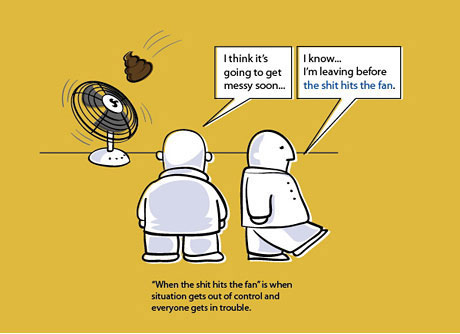As I previously promised, here is an example of a worksheet on the song "Empire State of Mind" (Alicia keys).
First I used some pictures to introduce some vocabulary to help them understand the song. Then they had to listen to the lyrics and correct some mistakes, finally they had to answer some questions on the story of the song. "Empire State of Mind" was used with level 3 students and I tell you ... it was a success. They practised listening, they sang an they had fun! Motivated students are easy to teach.
empire state of mind ws
Thursday, January 27, 2011
Monday, January 24, 2011
HOW TO MOTIVATE TEENAGERS - USING SONGS IN THE CLASSROOM

Music is a great language tool that bundles culture, vocabulary, listening, grammar and a great variety of other language skills in just a few rhymes. Music can also provide a relaxed lesson for teenagers.
English songs can be used for a wide variety of learning and teaching activities. They can start discussions on a topic or even become the centre of debate.
Most songs reflect the background of the singer, why not do activities on something like varieties of modern English; or as an introduction to a topic to be studied.
Songs are also great for teaching listening, of course.
You can also teach grammar with songs in many ways.
I try to use up to date songs that are within the students' interests, because it's halfway to motivation. In the following grid you can find some examples of songs and how they can be explored (research by I.S. and S.P.):
Songs
Friday, January 21, 2011
EYE ON IDIOMS

Isn't it nice when an expression translates easily into English? It really is a "piece of cake". For instance, if you are living in London on a tight budget, you may "struggle to make ends meet", I wonder if you can get the idea!
Sometimes expressions are not quite the same and the changes can be amusing. Suppose you have a cold and your voice is hoarse. The English would say "I've got a frog in my throat". When someting is impossible to happen, we (the Portuguese) use an expression about chicken having teeth. In this case, in English you would say "when pigs fly".
There's a whole world of idioms in English to explore. They are widely and mostly uded in spoken Elglish. So, if you want to become a fluent speaker of English, study them and use them!
I'll be back with other commom idioms.
Subscribe to:
Posts (Atom)